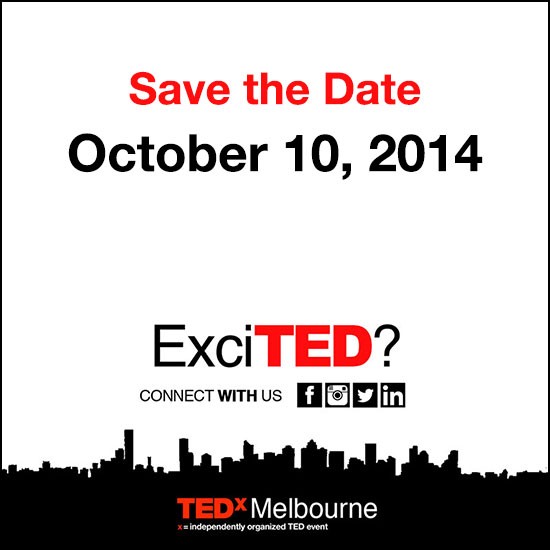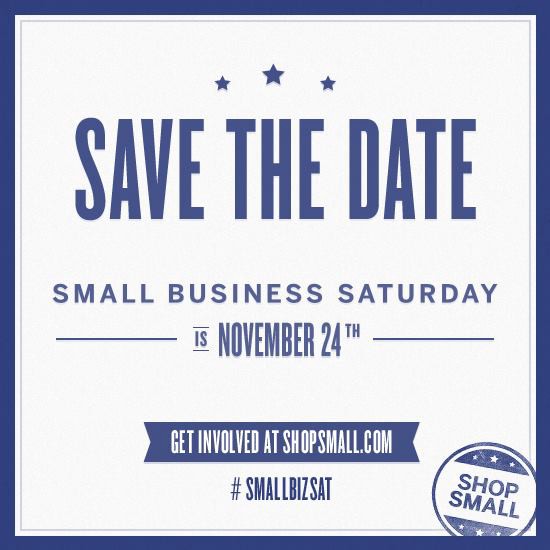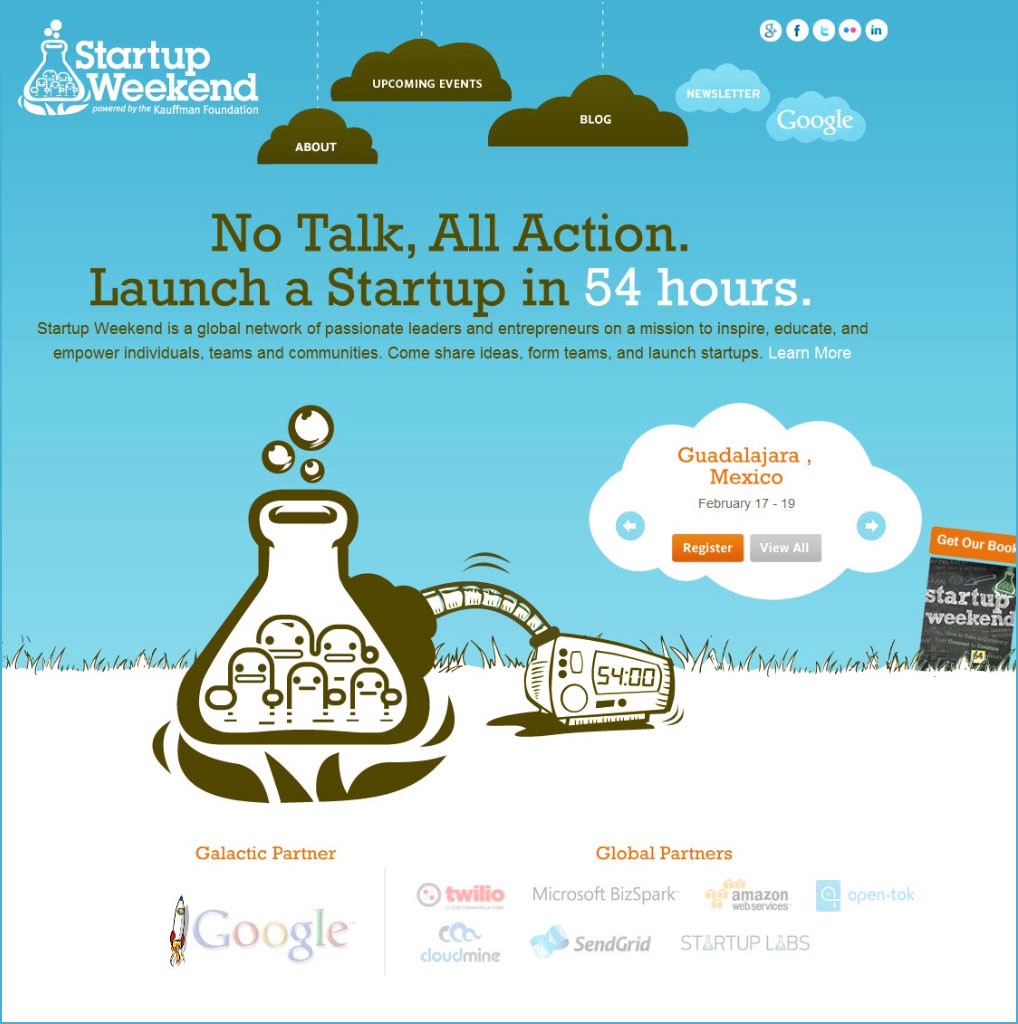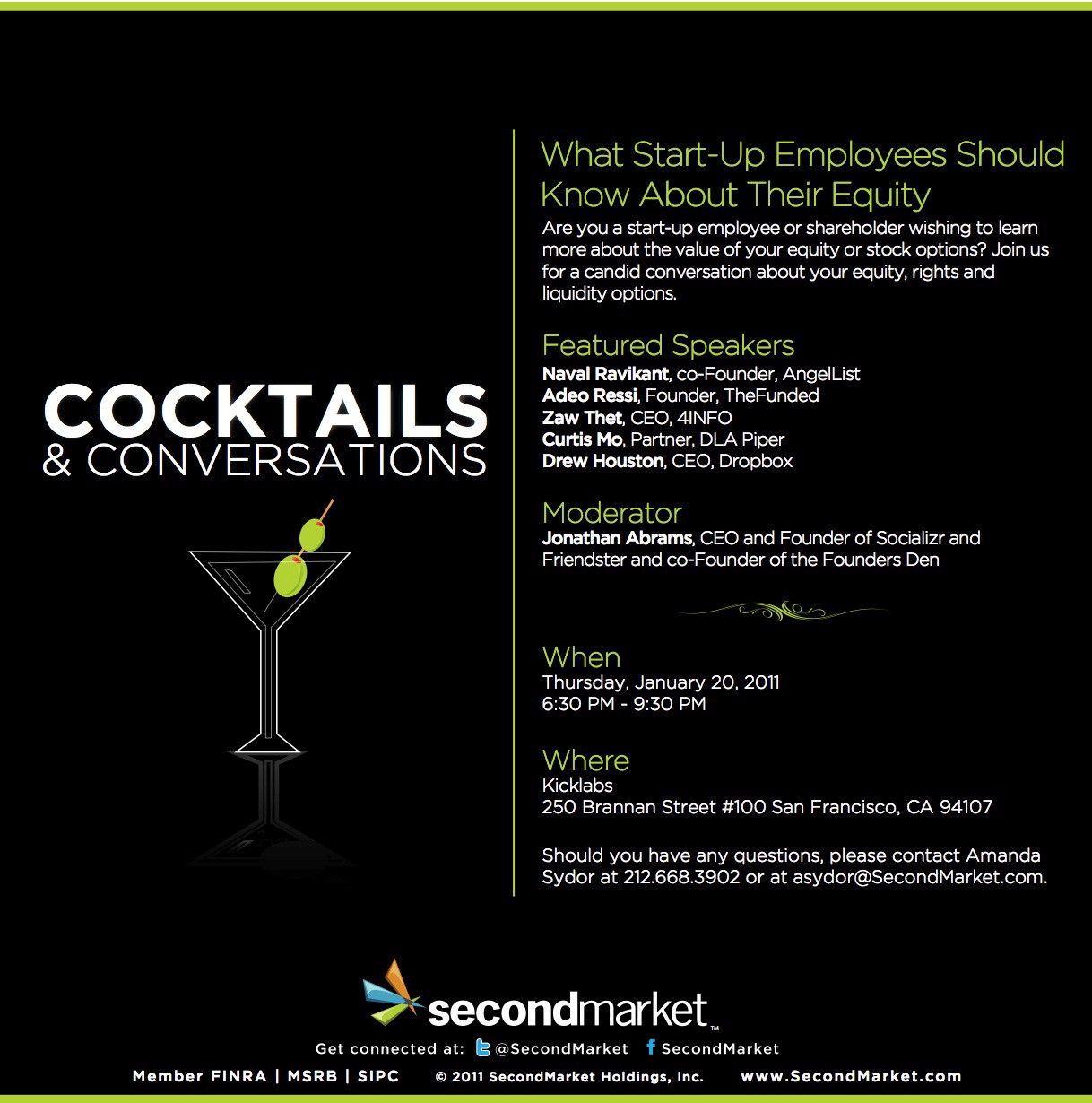
Best practices for keeping attendees engaged before your event
Whether you are hosting a 200-person conference or a 10,000-person summit, engaging your audience is essential for building momentum and having a successful event.
You may have designed the perfect event with the right VIPs, speakers, and sponsors, but ultimately the event’s success is measured by the attendee’s experience. Here are some ways you can engage your attendees (and keep engaging them) from inception until event date.
1 . Send the Save the Date 3 months before the event
Since event details are matured over time, the focus of the Save the Date should be on the bigger picture, which includes the where, what and when. This is an opportunity to develop the event’s branding — either from scratch or by using content that you may have retained from previous events. Testimonials from former attendees, exhibitors and speakers, or any press coverage are good material to use from previous events. Here are two simple examples:


2. Send Invitations 1–2 months before the event
Hopefully about a month before the event, you should have a tentative agenda that can be shared with the public. Be sure to include all pertinent information in the initial invite. Invitees tend to absorb as much information as possible prior to purchasing tickets themselves or convincing others to do so. Then, when it comes to delivering the initial invite, making it shareable helps with extending its reach. The invite should include share links for the main social media platforms like Facebook, Twitter, Google+ and LinkedIn. In fact, encouraging your followers to share the invitation with their networks, through incentives like discounts and prizes, is a great way to grow your audience. Here some good examples of an invitation:


3. Embrace Social Media — in a BIG way
Social media is much more than a brand aid and is considered to be a vital part of the pre-conference marketing efforts. Some examples are daily updates, community building and content from speakers, exhibitors and sponsors. A great way to embrace social media is by having your social followers assist with selecting topics or questions for yours speakers to address. This will make your followers feel like they had a material impact on the event and it will ensure their attendance and engagement.
A crucial part of the social media at events is the hashtag. Because of their versatility, having a hashtag across all of your social media platforms makes it easier for those following along virtually to join the conversation. We recommend that you keep your hashtag at 1–3 words creating a short, unique and memorable combination. Here are some a few examples:
#MBFW
Mercedes-Benz Fashion Week
#SXSW
South by Southwest Festival
#WebSummit
The Dublin Web Summit
#WEF
Davos World Economic Forum
4. Build an Online Community
Building an online community can be as simple as creating a Facebook page or as sophisticated as a custom website and/or a mobile app. A strong online community will grant you the opportunity to provide consistent updates and insights and it will give you a platform for sponsor recognition and event resources. According to a PMC research article, 49% of all internet users join an online community to create relationships, so engaging an online community will undoubtedly have a positive impact with building an audience for any conference.
5. Update Them
Sending updates on a weekly basis during the 2 months leading up to the event is adequate. We don’t recommend sending emails more frequent than that because it will begin to clutter inboxes and may lead to users wanting to unsubscribe. Make sure that you are leveraging updates to generate buzz. For example, you can include last-minute speaker confirmations, incentives like discounts on admission, an opportunity to win prizes, or free consulting services from a top speaker.
Following the steps above is a surefire way to engage your invitees before your event. These tips will help you to improve the attendance rate, reduce no-shows and ensure that your target attendees are intrigued by the event before it even begins.


